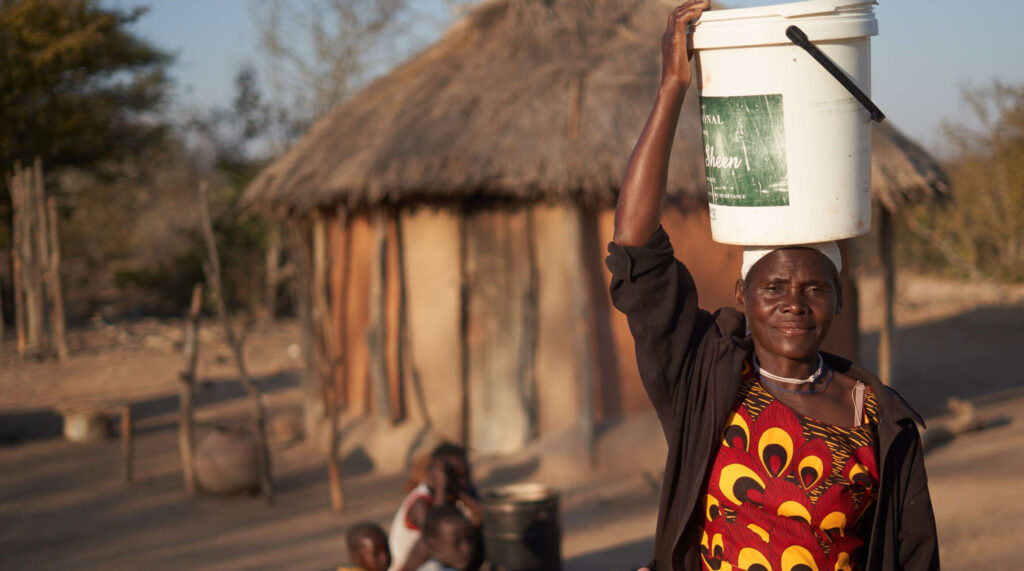
Zimbabwe
Since we began working in Zimbabwe during the 2008–2009 cholera epidemic, International Medical Corps has delivered quality health and nutrition services in food-insecure rural areas while improving nutrition and helping to reduce the spread of waterborne diseases through water, sanitation and hygiene (WASH) practices among underserved populations.
In 2013, we increased our development-oriented programming as part of a consortium in which International Medical Corps led the health, nutrition and WASH components. Today, our teams continue to improve maternal and child health, nutrition and WASH in communities and health facilities while strengthening local healthcare systems, training local healthcare workers, preventing and responding to violence against women and girls, and improving overall self-reliance through community engagement.
17 million
48 deaths
per 1,000 live births
66/69 years
male/female
The Challenges
Our Response
Nutrition and Food Security
International Medical Corps promotes agricultural resilience in Zimbabwe through inclusive local ownership programs, integrated water resource management, and village savings and loan associations. Since 2013, we have promoted care groups through programs in Binga, Bulilima, Gwanda, Hwange, Lupane, Mangwe, Nkayi and Tsholotsho districts. Our staff trains community health workers to adopt infant and young-child feeding (IYCF) programs, and other care practices, to promote nutrition for pregnant and lactating women and children during the critical period between conception and a child’s second birthday.
Healthcare Worker Training
International Medical Corps provides intensive training to district-level health staff and village health workers on the management of acute malnutrition, prevention of chronic malnutrition, surveillance of nutrition practices, promotion of hygiene and ensuring a risk-informed approach to WASH. To create a more comprehensive emergency response network, International Medical Corps also trains village health workers on good maternal and IYCF practices, and on hygiene promotion. In addition, we also train community health workers to better prepare for, and respond to, flooding and drought.
Water, Sanitation and Hygiene (WASH)
International Medical Corps addresses the challenge of poor hygiene practices and a lack of environmental health education in Zimbabwe through our WASH programming. Our teams have rehabilitated more than 140 waterpoints and solarised more than 20 community waterpoints (boreholes and springs). Since 2017, our work has created access to clean water for more than 80,000 community members. Between 2020 and 2023, we conducted WASH rehabilitations in nearly 40 healthcare facilities, using the World Health Organization’s Water and Sanitation for Health Facility Improvement Tool (WASH FIT) to improve the quality of care and infection-prevention-and-control practices.
The Power of Clean Water
The people of the San community from Mtshina village in Tsholotsho district were traditionally hunter-gatherers. Recently, they have settled around the Plumtree area of Matabeleland, Zimbabwe. As relatively new arrivals in the region, community members try to earn a living through casual labour in neighbouring villages—but they often remain marginalized. Children from the village would frequently suffer from illnesses, including diarrhoea, skin infections and bilharzia, which would make them urinate blood. Few in the village understood that these conditions were related to poor water, sanitation and hygiene practices.
READ MORE